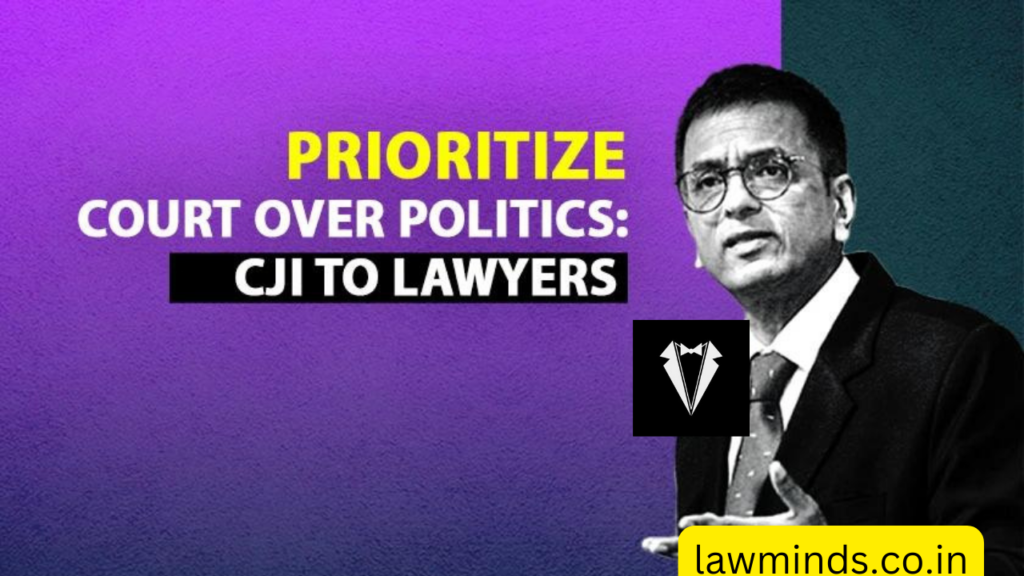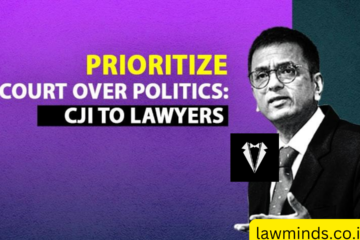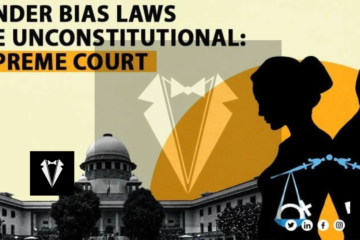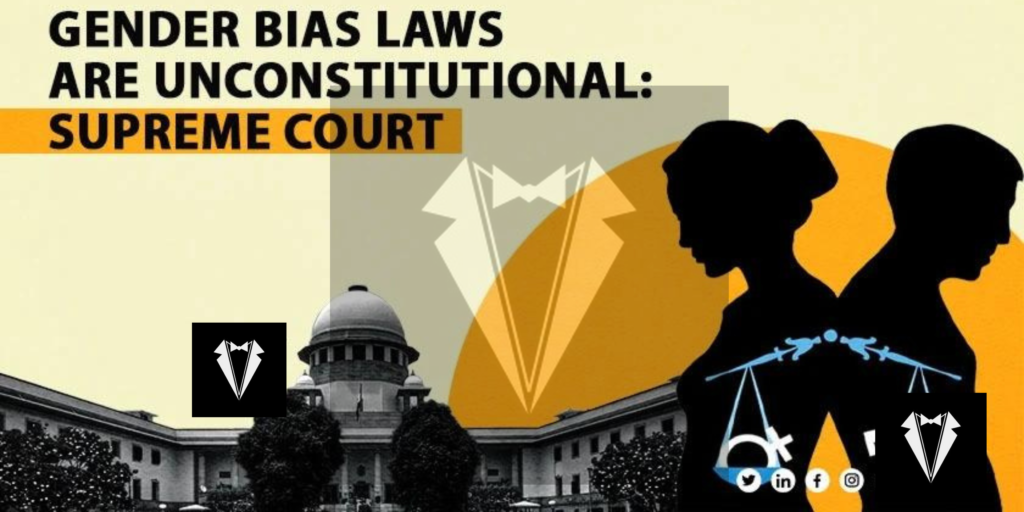
NEW DELHI: Chief Justice of India D Y Chandrachud urged lawyers to prioritize the court and the Constitution over their political inclinations and beliefs, expressing concern over the recent trend of lawyers publicly commenting on pending cases and court judgments.
Addressing the centenary year celebration of the High Court Bar Association of Nagpur, he reminded lawyers of their role as officers of the court, emphasizing that the integrity and respect of legal discourse depend on their conduct.
Quoting Aristotle, he acknowledged that lawyers, like all individuals, may have political leanings, but stressed that their primary allegiance should be to the impartial administration of justice and the foundational principles of the Indian Constitution.
Justice Chandrachud underscored the importance of lawyers distinguishing themselves from laypersons when reacting to court rulings. He emphasized that while diverse political ideologies exist in a vibrant democracy like India’s, it is imperative for the legal fraternity to rise above personal biases and uphold the sanctity of judicial decisions.
Asserting the judiciary’s commitment to independence and non-partisanship, he highlighted the symbiotic relationship between an independent judiciary and an independent bar. He emphasized the pivotal role of lawyers in disseminating legal knowledge and fostering public understanding of constitutional values through various platforms such as opinion pieces, media engagements, and public lectures.
In conclusion, the Chief Justice emphasized that the bar serves as a vital link between the judiciary and citizens, translating complex legal concepts into accessible language and promoting a deeper appreciation of constitutional ideals. He reiterated the intertwined nature of judicial and bar independence, crucial for upholding the rule of law and constitutional governance.



